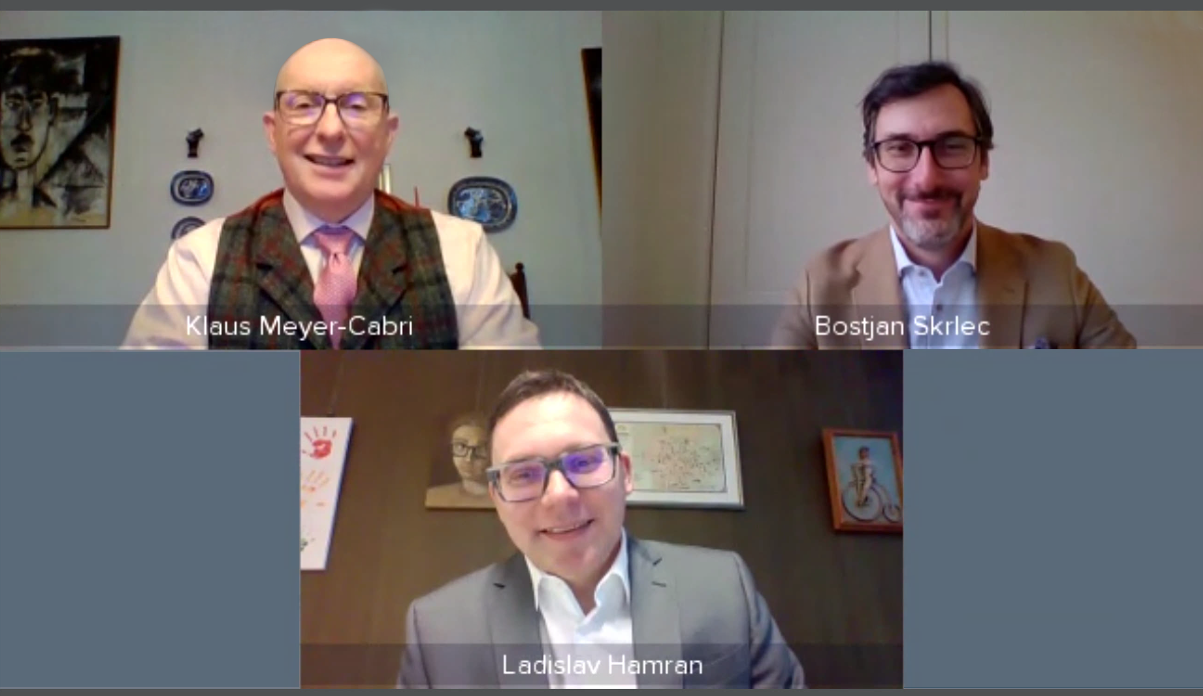When the COVID-19 crisis hit in March 2020, citizens, businesses and governments faced the most significant and unpredictable challenges in decades. From the outset, it became clear that closed borders and lockdowns do not stop criminals. While they adapted quickly to the changing circumstances, Eurojust succeeded in doing the same.
Our immediate priority was the continuation of our operational support to national judicial authorities in the fight against cross-border organised crime and terrorism. Less than a week after the outbreak of the pandemic, we offered them the possibility to meet virtually through our secure IT infrastructure while we rapidly transitioned nearly all of our staff to remote working.
By making sure the Member States’ access to our unique services and legal expertise was uninterrupted, we managed to open 4 200 new cases – an impressive 8% increase compared with 2019. 164 of these cases were directly related to the COVID-19 crisis, including fraud with medical equipment, inadequate face masks or cyberattacks on hospitals. We also supported more than 230 joint investigation teams and enabled the execution of 1 300 European Arrest Warrants and 3 100 European Investigation Orders. Most importantly, this contributed to the arrest of 2 200 suspects, the freezing of EUR 1.9 billion in criminal assets and the seizure of drugs worth EUR 3 billion.

It is not just in our operational casework that we thrived. We continued to bring experts together for thematic conferences and published several strategic reports. We welcomed new Liaison Prosecutors for Serbia and Georgia to the Eurojust family and became a full partner to the Sirius project with Europol. We also started hosting the EuroMed Justice Programme, which marks an important intensification in our cooperation with the Southern Partner Countries. And, just before the year ended, we laid the foundations for a new working relationship with the United Kingdom.
As we respond to and recover from the crisis, our focus turns to the lessons it has taught us. One of our key findings is that the pandemic has confirmed the need to further digitalise the way European prosecutors and judges work together across borders. I therefore warmly welcome the Communication on the Digitalisation of Justice in the EU, presented by the European Commission in December 2020, and the vision it entails for the future of criminal justice cooperation in the European Union. I am convinced that this will be a real game-changer in the fight against organised crime and terrorism and look forward to working closely together with the Commission on implementing the measures that were announced.
In October, I received the great honour of being re-elected by my peers for a second term as President of Eurojust. I not only vowed to steer the organisation towards further digitalisation but also to strengthen and expand our partnerships with stakeholders inside and outside the European Union. Building the trust on which these partnerships are based requires patience and diplomacy and – above all – is best done in person. So, no matter how grateful I am for the many possibilities that modern technologies have to offer, I look forward to the day when the COVID-19 restrictions are lifted and I can welcome you again to Eurojust’s premises in The Hague.
~ Ladislav Hamran, President of Eurojust
